Archyvas :: LRT kreipėsi į Europos transliuotojus: nepriklausomumui iškilęs pavojus

Monika Garbačiauskaitė-Budrienė. E. Genio/LRT nuotrauka
To Mr Noel Curran
10th October 2018, Vilnius
EBU Director General
INDEPENDENCE OF PSM IN LITHUANIA
Dear Mr Curran,
I am addressing you with regard to the worrying situation, which Lithuanian Radio and Television (LRT) has experienced during the last few months. I believe that the recent developments have a direct impact on the LRT's independence and at the same time pose serious threats for freedom of speech and press and democracy in whole.
As you may remember, in January, Lithuanian Parliament (Seimas) formed an ad hoc investigation commission to carry out a scrutiny of the LRT management and financial and economic activities. On Wednesday, 3rd of October, the Commission announced the conclusions of its investigation and their intent to make changes in the LRT management structure aiming to make it more similar to that of State-owned enterprises.
We are seriously worried about their aspirations to make changes in the Law on LRT reducing the LRT Council powers and functions, to shorten the Council members' term of office from 6 years to 5 years, and change their appointment procedure as follows: instead of appointing 4 members, at a time, the President shall appoint one member, at a time, every 15 months; Seimas, instead of appointing 4 members, at a time, shall appoint 2 members, at a time, every 30 months. Parliamentary Investigation commission suggests revising the list of non-governmental institutions that also delegate 4 members to the LRT Council. Those institutions are listed in the Law on LRT: Lithuanian Science Council, Lithuanian Education Council, Lithuanian Creative Artists Association and the Lithuanian Bishops' Conference.
Their main argument for implementing such amendments is that the whole of the LRT Council should not change at a time. But that is not true. At present LRT Council has a perfect its members' rotation system - one third of the Council members changes every second year. And most important that such mode ensures that the term of office of LRT Council members does not coincide with terms of politicians who appoint them.
We would like to point out that suggestion to change the principles of the LRT Council formation do not in any way come from the conclusions of the Parliamentary Commission and their aim at increasing the national public broadcaster's transparency.
The Parliamentary Commission suggest introducing a new collective management body - the Board. The appointment, rights and obligations of its members are, in principle, regulated as set out in the law on Joint-Stock Companies. The number of members could be between 5 and 7. Director General would be the chairman of the Board but the majority of its members should be "independent" members appointed by the LRT Council from the short list provided by the Selection Commission of supervisory boards or boards of state-owned enterprises, which is also a governmental institution. Bearing it in mind, we see it as an alarming sign that politicians in power will attempt to incorporate their supporters to the LRT Board and have a major impact on governance of the Lithuanian public broadcaster.
In the conclusions of the Parliamentary Commission we see a one more threat related to the Lithuanian Radio and Television Commission (LRTK), which shall have the right, if necessary, to apply the sanctions provided for in the legislation in relation to the LRT and LRT Executives and supervise how the Articles 3 (The Principles of Activity of the LRT) and 4 (The Programme Requirements for the LRT Radio and Television Programmes) of the Law on LRT are being implemented. As the Chairman of the LRTK is appointed and accountable to the Parliament it could be understood as interference in the institutional independence of LRT.
What causes us to worry is Commission‘s suggestion to strengthen and expand the Journalist Ethics Inspector‘s function enabling the Inspector to perform the public information monitoring in all media, including the monitoring of radio and television programmes. In other words, to enhance the Inspector‘s powers in respect of the LRT content.
We understand that it is necessary to require transparency and accountability from the national public broadcaster. However, it is not tolerable to make LRT more dependent on political influences - it is inconsistent with principles of democracy, openness, transparency or even freedom of press. Moreover, taking into account that in 2019 Lithuania will be holding three different elections - presidential, municipal and election to the European Parliament.
When the ruling party in Lithuania has a majority of seats at the Parliament and the voice of opposition is ignored, we need your support and reaction on the European level. We are well aware how much the EBU is doing to protect public broadcasting in Europe and therefore we would be grateful for any help we can get from you.
Sincerely yours,
Monika Garbačiauskaitė-Budrienė
Director General







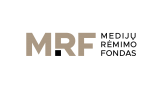



.jpg)
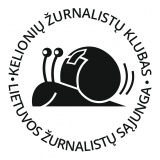
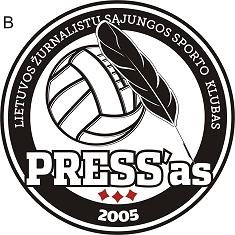
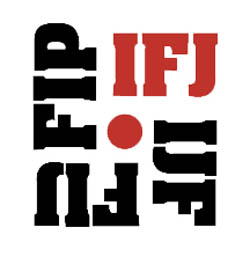


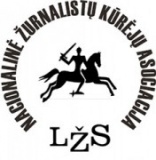

Komentarai (0)